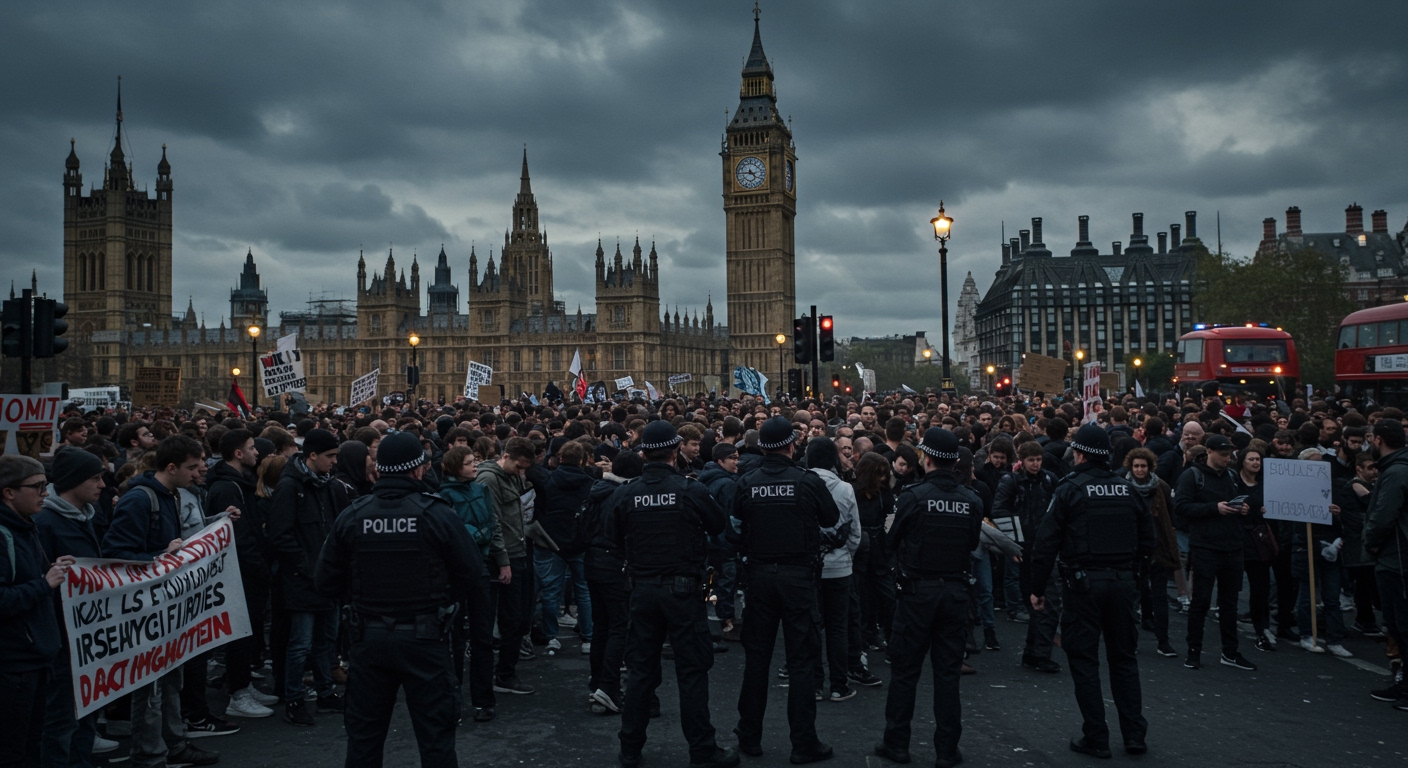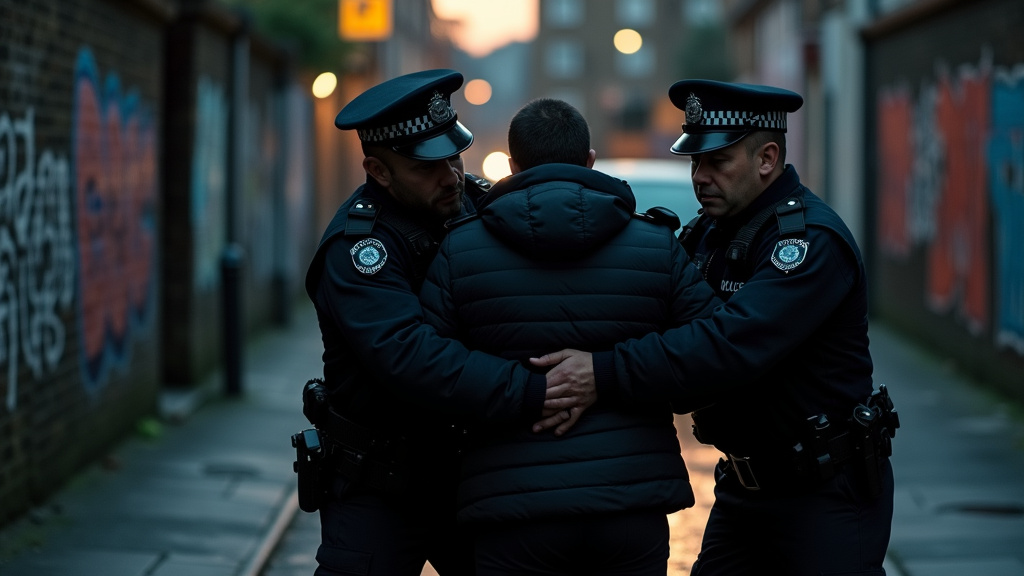More than 20 individuals were arrested in central London on Saturday, July 5, 2025, during a protest in Parliament Square held in support of the group Palestine Action. The arrests followed closely on the heels of Palestine Action being officially designated as a proscribed terrorist organization in the United Kingdom.
Proscription Takes Effect
The proscription of Palestine Action under the Terrorism Act 2000 officially came into effect at midnight on Saturday, July 5, 2025. This landmark decision followed the group’s unsuccessful last-minute legal challenge against the ban in court on Friday.
Under the terms of the Terrorism Act 2000, the designation of a group as proscribed carries significant legal consequences. Membership of or expressing support for a proscribed organization is now a criminal offense in Britain. Individuals found guilty of such offenses face potential prison sentences of up to 14 years.
The government’s move to ban Palestine Action signifies a hardening stance against the group’s protest tactics and activities, which authorities argue cross the line into criminal conduct and pose a threat to national interests.
Protest and Arrests in Parliament Square
The arrests on Saturday occurred in Parliament Square, a prominent public space in central London often used for demonstrations and protests. Participants had gathered to voice their support for Palestine Action just hours after the ban became law.
Police confirmed that more than 20 people were arrested at the demonstration. Authorities stated that the arrests were made on suspicion of terrorism offenses, directly linking them to the newly effective proscription of Palestine Action.
A campaign group, Defend Our Juries, which monitors public order arrests and court proceedings, provided a slightly higher figure, reporting that 27 people were arrested at the Parliament Square protest. According to Defend Our Juries, those arrested included a priest and several health professionals.
The specific alleged offense leading to the arrests, as reported by Defend Our Juries, involved individuals holding signs bearing the statement: “I oppose genocide. I support Palestine Action.” The act of publicly displaying support for a group proscribed under the Terrorism Act 2000 is now considered a criminal offense, potentially constituting support for a terrorist organization.
Police released a statement affirming their operational approach: “Police stated they would act where criminal offenses were committed, as Palestine Action is now a proscribed group.” This indicates that the law enforcement response on Saturday was a direct consequence of Palestine Action’s new legal status.
Rationale for the Ban
The UK government’s decision to proscribe Palestine Action was primarily prompted by an incident that took place on June 20 at a Royal Air Force base in Brize Norton, Oxfordshire. Authorities allege that activists associated with the group accessed the military facility and caused significant damage.
During the alleged incident, activists are accused of damaging two aircraft using red paint and crowbars. The damage caused during this event was estimated by authorities to be substantial, totaling approximately £7 million ($9.4 million). The government has cited this incident as a key factor demonstrating the group’s engagement in serious criminal activity justifying proscription under terrorism legislation.
Related Charges
In connection with the alleged incident at RAF Brize Norton, legal proceedings against several individuals are already underway. Four individuals, aged between 22 and 35, were charged on Thursday, prior to the group’s official proscription.
The charges brought against these four individuals include conspiracy to commit criminal damage and conspiracy to enter a prohibited place for purposes prejudicial to the interests of the U.K. These charges reflect the serious nature of the allegations concerning the breach of the military base and the damage to government property.
The four defendants are scheduled to appear at the Central Criminal Court on July 18 for their next court appearance, where their cases related to the Brize Norton incident are expected to proceed.
Implications of Proscription
The proscription of Palestine Action marks a significant development in the British government’s approach to protest movements involving direct action against defense and technology companies linked to Israel. Placement on the list of proscribed organizations places the group in the same legal category as entities designated by the government as posing a threat through terrorism.
While Palestine Action describes itself as a direct-action network seeking to disrupt companies complicit in what it calls Israel’s oppression of Palestinians, its proscription means that all activities conducted in support of the group, including seemingly passive acts like displaying solidarity, can now be treated as criminal offenses under terrorism law. This shift has immediate and far-reaching implications for activists and supporters in the UK.
In conclusion, Saturday’s arrests in Parliament Square highlight the immediate impact of Palestine Action’s proscription, demonstrating the authorities’ readiness to enforce the new legal framework. The events underscore the heightened legal risks now faced by individuals and groups expressing support for Palestine Action, setting the stage for potential future enforcement actions under the Terrorism Act 2000.





